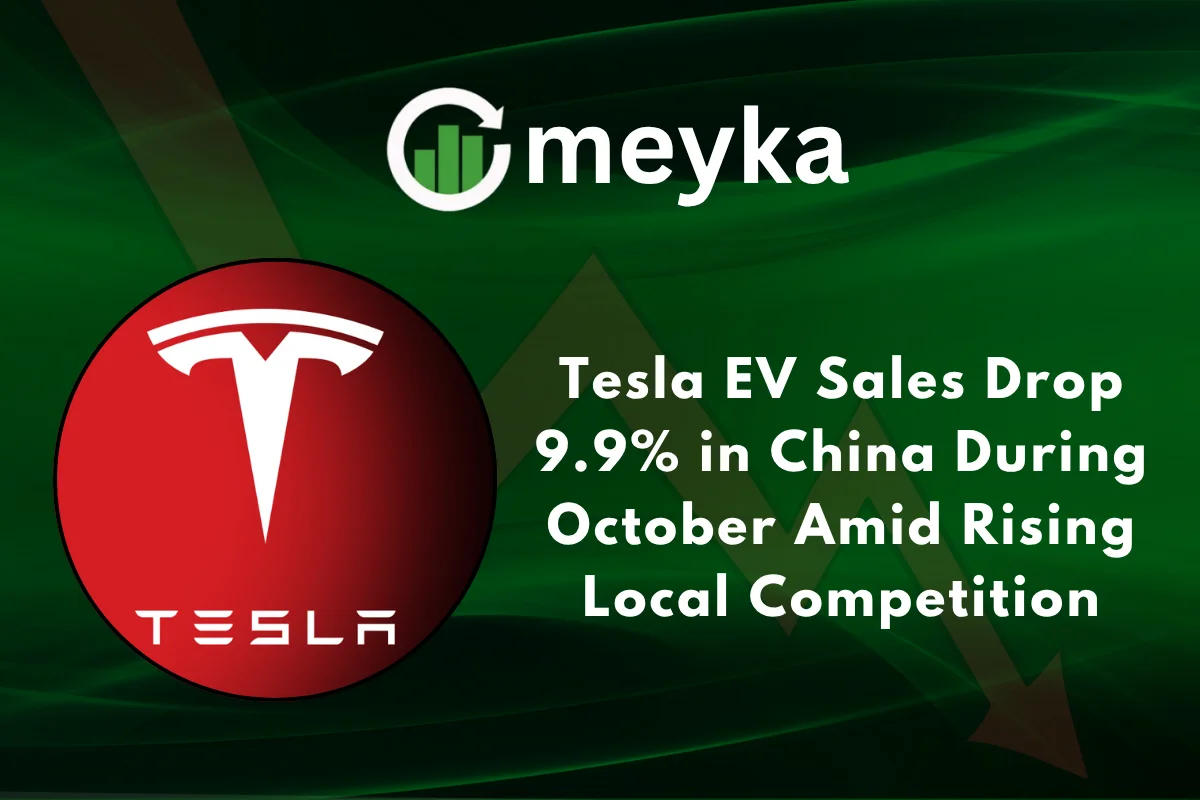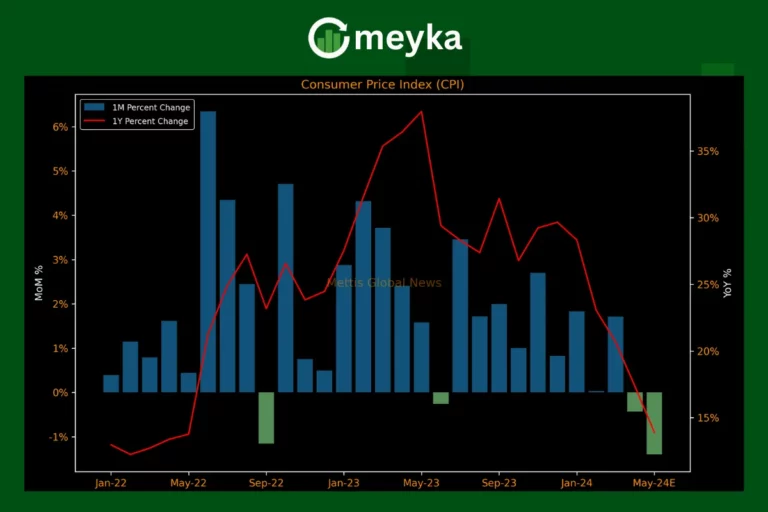Tesla EV Sales Drop 9.9% in China During October Amid Rising Local Competition
Tesla is facing growing pressure in the world’s largest electric vehicle market, as Tesla EV Sales in China fell 9.9% year-over-year in October, according to data released by the China Passenger Car Association (CPCA). The drop reflects rising competition from local EV makers like BYD, NIO, Li Auto, and Xpeng, who continue to expand market share with more affordable and localized models.
Continue Reading on Meyka
This article is available in full on our main platform. Get access to complete analysis, stock insights, and more.
Read Full Article →





